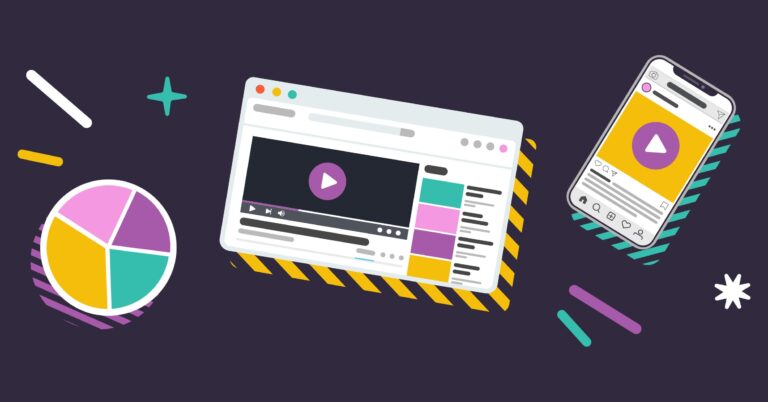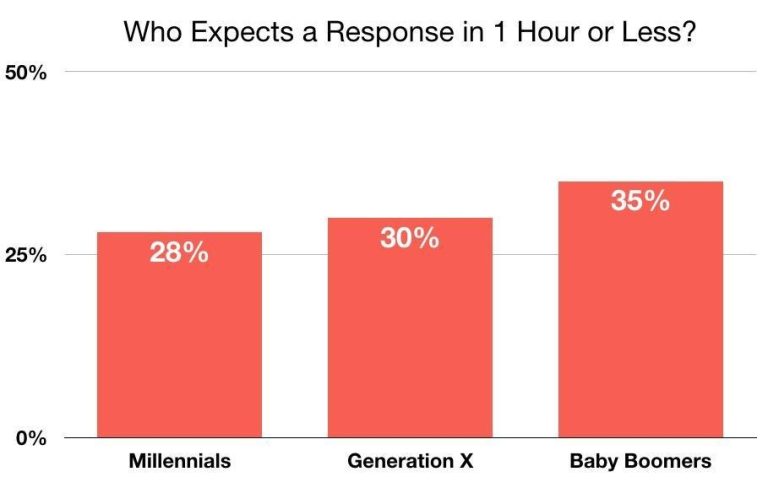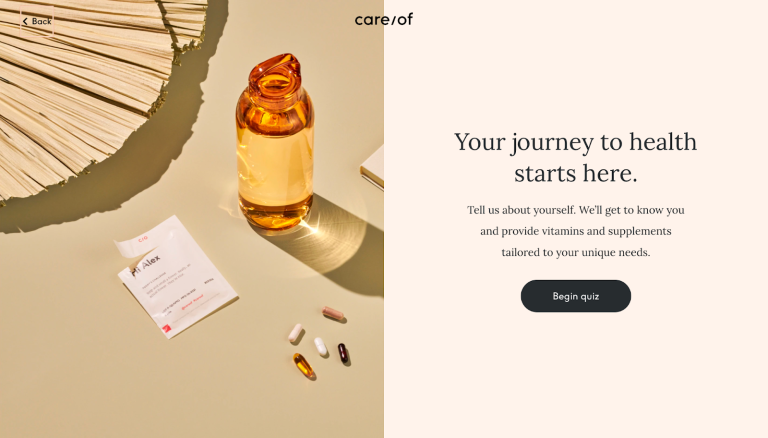With over 2.3 billion monthly active users, Facebook is the world’s leading social network. Despite the seemingly never-ending parade of controversies surrounding Facebook, its user base hasn’t dropped and Facebook marketing is still going strong.
In 2018, the Cambridge Analytica scandal came to light. Facebook admitted that it had allowed app developers to access user data without their consent. Facebook also faced accusations of enabling hate crimes in Myanmar and not doing enough to stop the spread of fake news and was hit by a data breach that exposed 30 million accounts. Video view counts and other similar metrics were inflated in order to boost ad buys. 2018 was even the year that #deletefacebook trended on Twitter.
All of this might have made some businesses think twice about using Facebook marketing to attract visitors and sales but if you’re one of them, think again.
Facebook hasn’t actually suffered much from its year of scandal – at least not when it comes to its viability as a marketing platform. Although user numbers went flat in Q3 2018, they were rising again by Q4 2018 and show every sign of continuing to do so. User numbers rose by 9%, with over 1.52 billion people logging on to Facebook every day in December 2018. In fact, the user base is even expected to grow as more people all over the world continue to get connected to the internet, especially those from developing markets.
As a business, you simply can’t overlook Facebook’s dominance. Commerce is increasingly becoming digital and social, so where else should you try to engage customers other than on the most populous, feature-rich social network?
If you haven’t been happy with the amount of business you’ve been able to drive by being active on Facebook, then you simply might not be making the most of some of the platform’s top features. Here are six things you can do with Facebook marketing that have the power to boost your sales significantly.
Facebook Marketing Tip #1: Retarget with Dynamic Ads
Ad retargeting gives you the opportunity to re-engage customers whom you may have failed to convert previously on your ecommerce site. On Facebook, retargeting works by displaying ads in people’s newsfeeds and if you set up dynamic retargeting, you can maximize the relevance of these ads by surfacing ad creative based on the products that audience members have viewed on your site or abandoned in their shopping carts.
It’s a powerful way to convert customers since you’re basically just reviving their drive to purchase products in which they’ve already shown interest. Texan sportswear shop TYLER’S, for example, was able to double conversions rates by instituting a series of optimization and retargeting initiatives.
With some 60,000 products in its inventory, nine store locations, and a dedicated Facebook page for each branch, manually creating retargeting ads for each product was a non-starter. But by managing it all in one place, “We publish all of our products on our website to Facebook with a single push,” TYLER’s ecommerce lead Ken Ward recently told BigCommerce.
“This enables us to have the Facebook Shop available and utilize that product mix for retargeting in Facebook and Instagram ads.”
By linking your ecommerce platform up with Facebook’s dynamic ads engine, you can easily launch your own retargeting campaigns to recapture your customers’ attention. Ad retargeting has been reported to have provided companies significant returns with successful campaigns even generating gains of as much as 15x their media spend.
Facebook Marketing Tip #2: Use the Facebook Marketplace
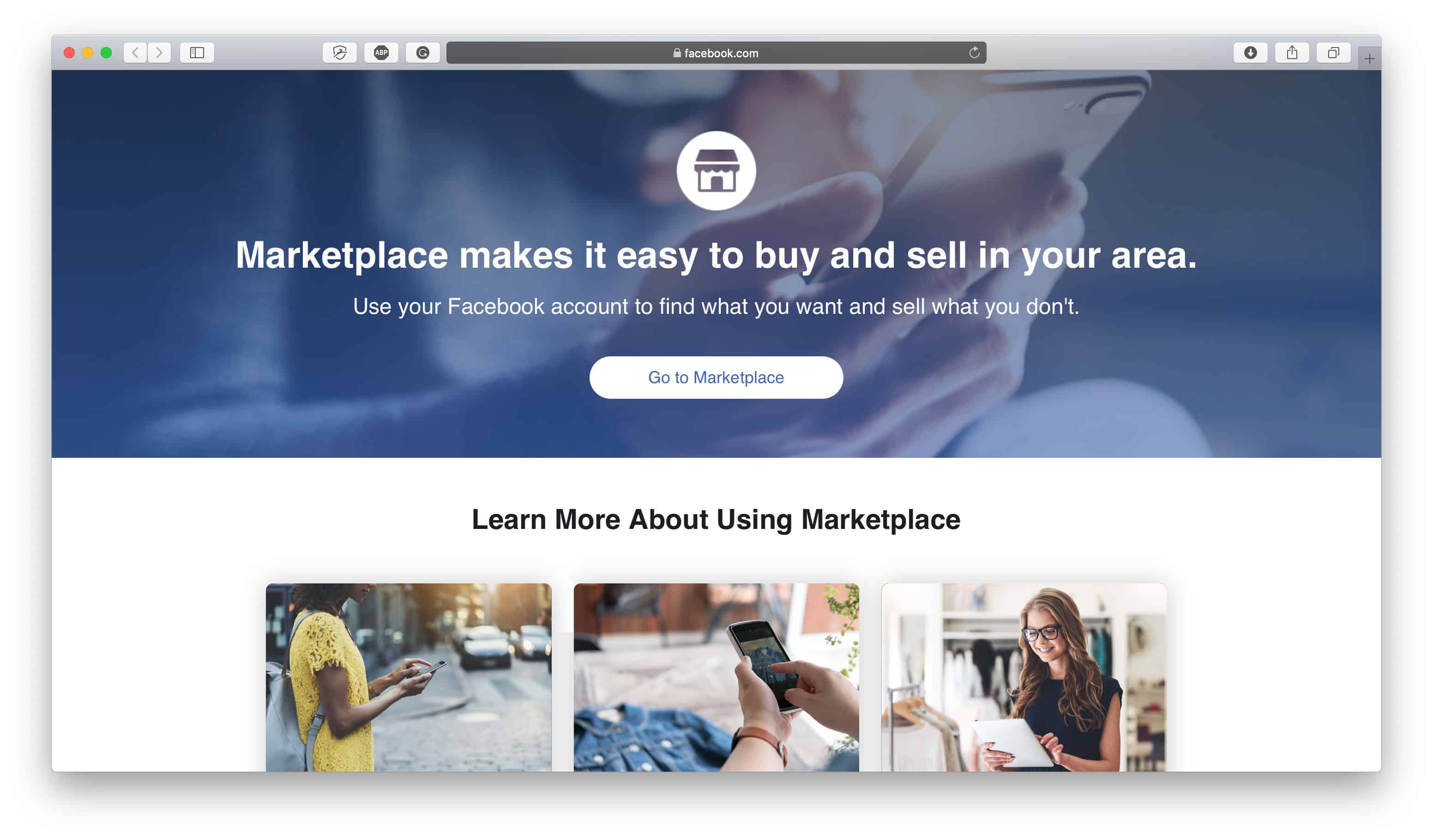
A couple of years back, Facebook launched Facebook Marketplace, a classified ads system geared towards individuals looking to buy and sell items. Interestingly, this has created new point-of-sale opportunities for merchants. Facebook Marketplace brings together buyers and sellers within their general area making it a great channel for small local businesses. Facebook recently began rolling out support for ecommerce merchants to list products on Facebook Marketplace as well.
Some small businesses that don’t have their own ecommerce channel even use Facebook Marketplace as their primary online sales presence. While this doesn’t mean that you shouldn’t explore putting up your own website or shopping cart application, Facebook Marketplace can be a viable option for merchants who are just starting out. Experimenting here with manual posting and interactions requires no other integration and is readily built into the platform.
Facebook Marketing Tip # 3: Create & Share Content Optimized to Be Helpful
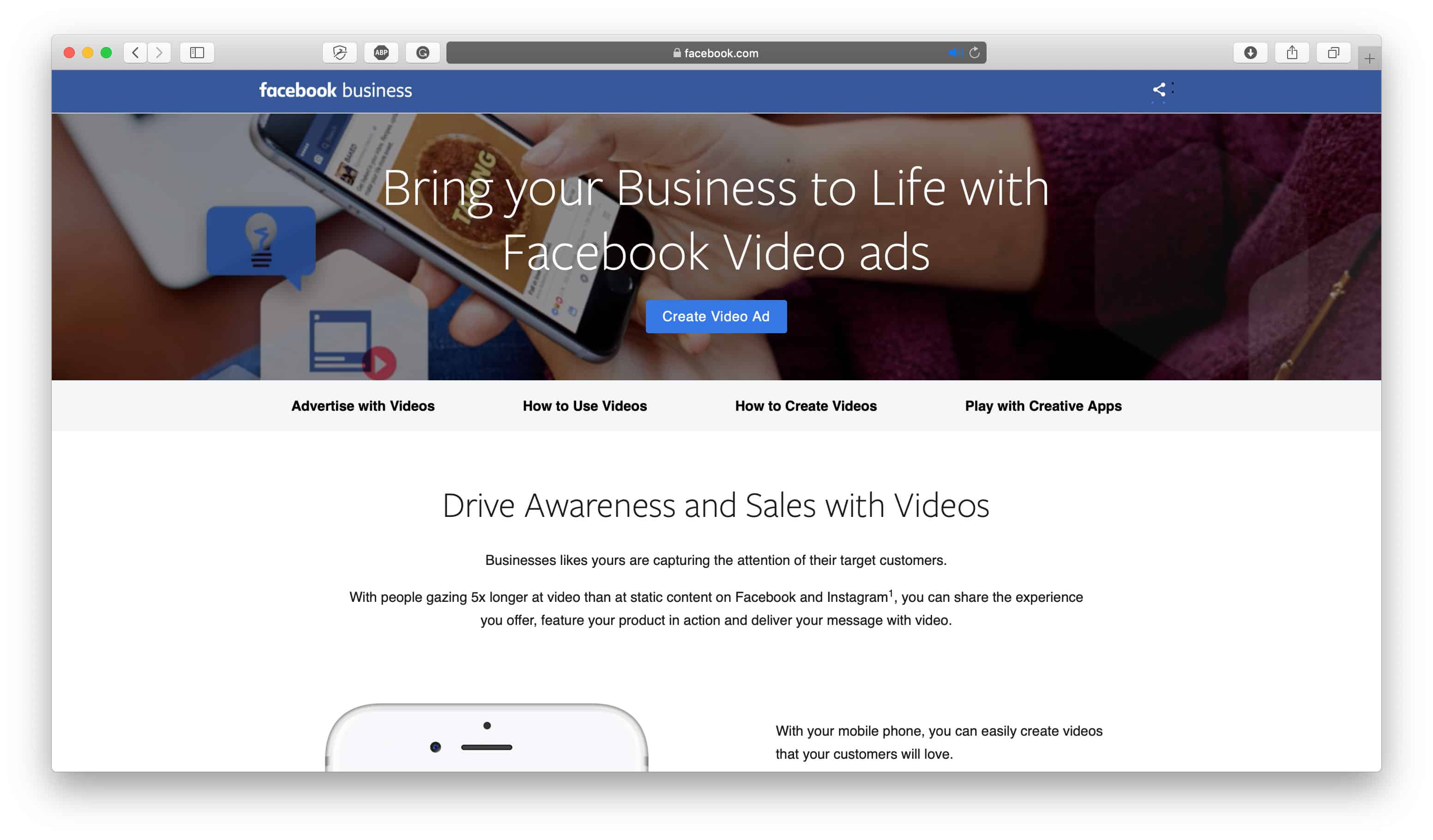
While there’s much to be excited about on Facebook, the platform also has its share of quirks and flaws. Perhaps among the top concerns from users and critics are the fake news and misinformation that propagate on the network. This glut of bad content, however, could be an opportunity for businesses.
People find useful content on Facebook to be quite refreshing, so why not be that source? You can position your online persona as a thought leader and influencer in your industry. Create, curate, and share educational content on your page. Supermarket chain Safeway, for example, posts recipes, tips, and tricks on its Facebook page, often using live video.
Develop helpful content about your products such as the many ways customers can maximize their use. This way, you can increase the perceived value of your products. Facebook has increasingly been supporting rich media, so don’t be afraid to tinker with different types of content including pictures, infographics, and short-form videos.
Facebook Marketing Tip #4: Integrate a Chatbot
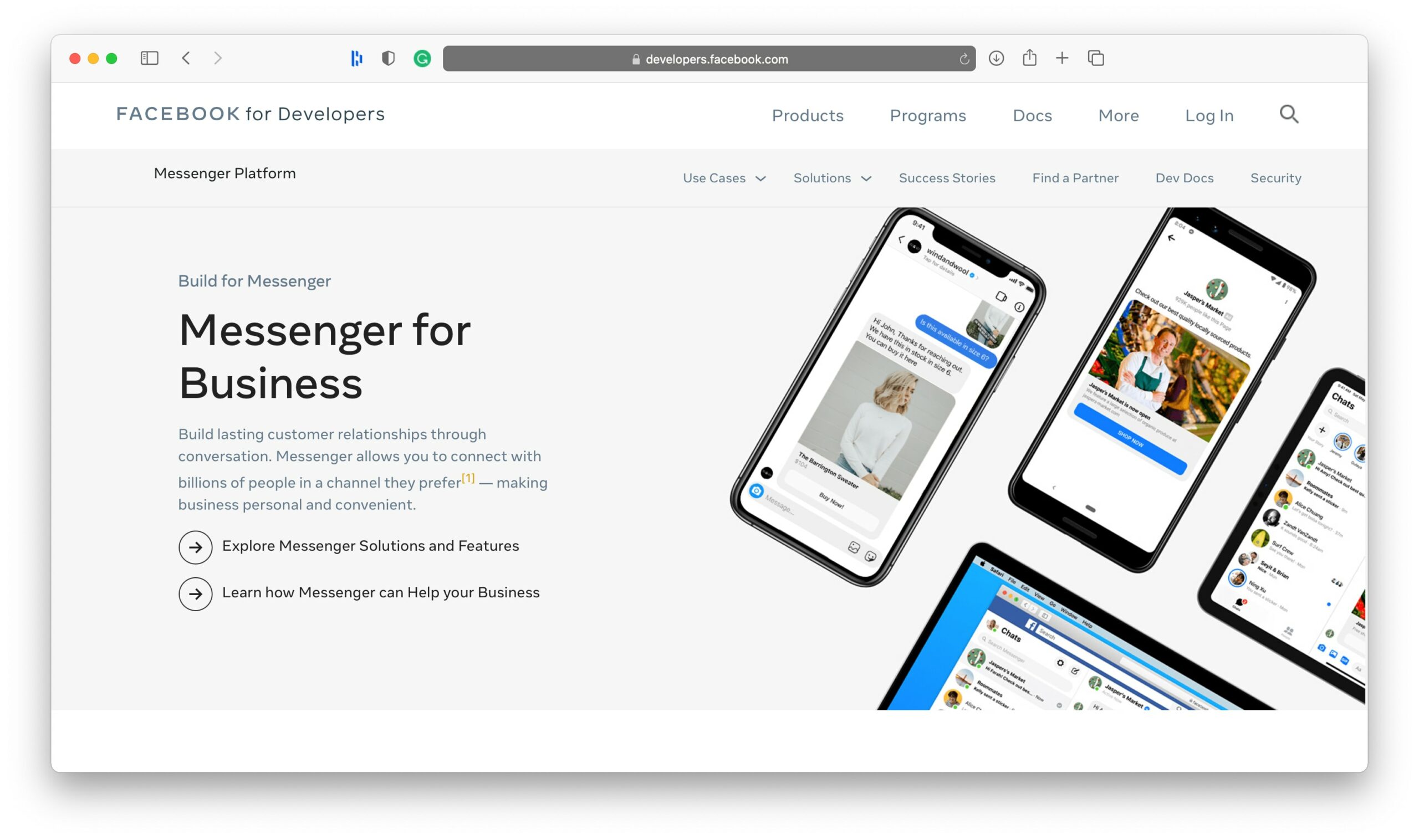
If you have enough technical know-how, another way you can maximize Facebook marketing tools is to create your own Messenger chatbot. The Messenger platform allows developers to make available their own chatbots that automate customer interactions.
Users can readily inquire about products, look for support, and even order through the Messenger app. It’s possible for customers to get immediate responses or accomplish tasks without any other human intervention.
Domino’s Pizza, for example, has been among the early adopters of Messenger chatbots, allowing users to place orders and track their orders within the app. Domino’s has its full menu and even allows pizza customization within Messenger, supporting emoji-driven communication and natural language conversations with its AI engine, “Dom.”
Facebook Marketing Tip #5: Partner with Relevant Micro-Influencers
Social media influencers can really generate hype. Facebook-famous people can instantly push any new product or concept into the limelight just by endorsing it. Influencers with millions of followers, mind you, easily earn tens or hundreds of thousands of dollars for a simple mention or post.
But you don’t have to spend that much on high-profile celebrities to push your product or service. Even local and niche personalities and influencers can help you reach the exact profile of customers that would buy your product or service. For instance, fitness trainer Jordan Morello recently teamed up with KNOW Foods to promote the healthy eating company’s products, yielding hundreds of thousands of video views.
You can even tap influencers to participate in your conversion funnel. They can become affiliates by providing discount codes or referring customers to your product or service. Instead of an outright fee, you can offer influencers commissions so that your spending will be performance-based. They can also help out in promoting giveaways and other campaigns.
Facebook Marketing Tip #6: Tap into Customer Opinion
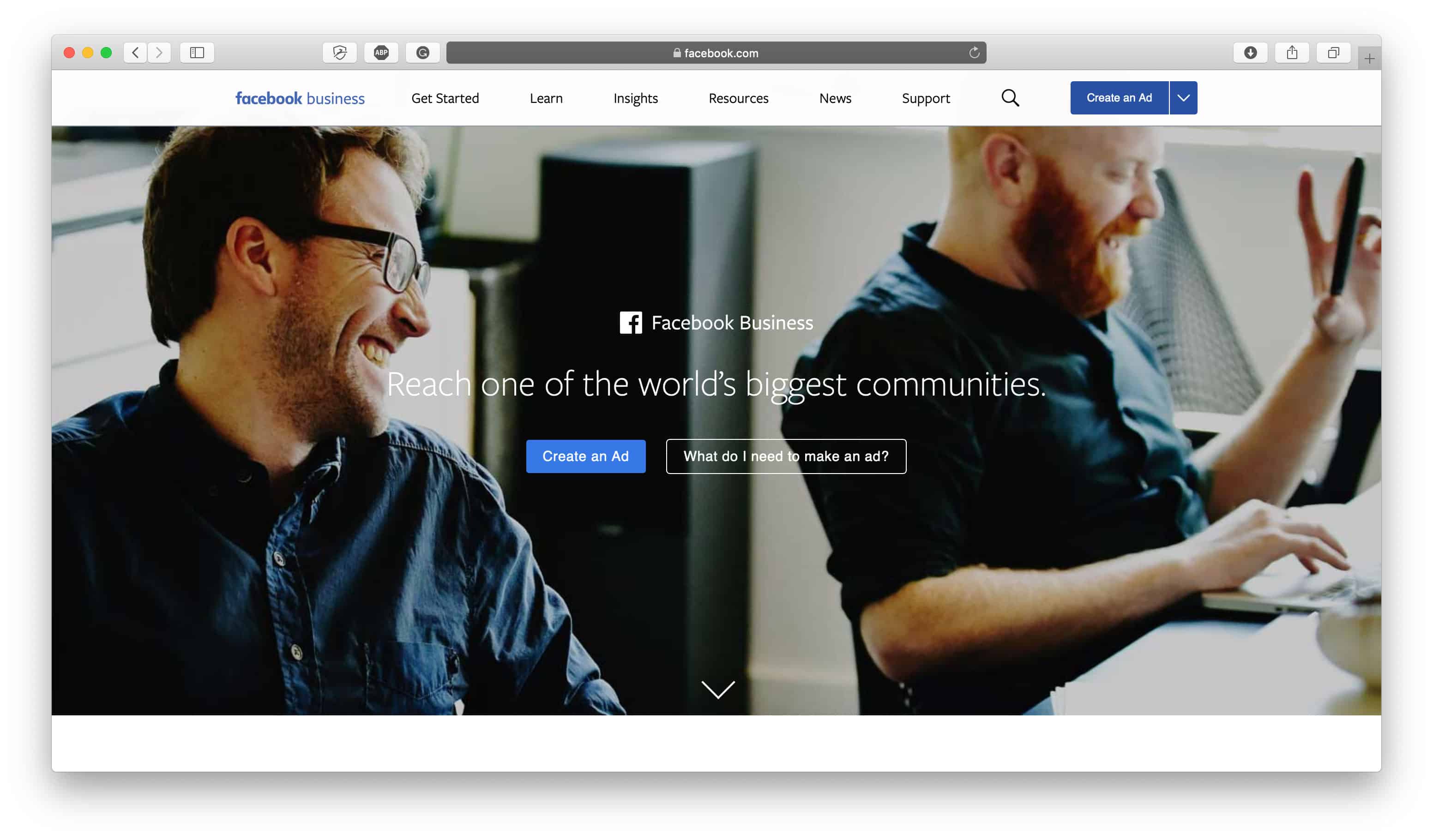
One of the best things about Facebook marketing is that it’s a two-way street. You can share content and product descriptions with your customer base, but you can also ask them for their opinions. Facebook enables real, two-way communication with your customers and clients that improves your sales in two ways.
First of all, you get to keep in touch with the needs and interests of your customers. Getting feedback from your Facebook connections helps keep your business on track and ensures that your products remain relevant.
Secondly, and much more cleverly, reaching out to your customers builds a strong emotional relationship which increases their lifetime value. For example, Living Green Daily asked for customer input to help decide the cover of their next book.
Consulting with your Facebook fans ramps up their engagement. When your audience gets involved in creating your products, they feel emotionally invested in your success. They connect with your business, and that’s going to cement their loyalty and have a knock-on effect on your sales.
Conclusion
You don’t have to aggressively implement all of these strategies in order to succeed with Facebook marketing. The effectiveness of each option depends greatly on your own context.
If you’re just starting out, you can simply explore creating your own Facebook page and using the Facebook Marketplace. If you have a large enough following on Facebook, even if your business revenue isn’t yet so high, reach out to them to cement their loyalty and learn from their input. If your company is mature enough and ready to make the investment, explore more advanced functionalities such as ad retargeting and chatbots. You can always experiment and find out which one would work best.
As with any digital marketing and sales strategy, Facebook marketing should be a conscious and deliberate effort. Take time to plan and execute your strategy. Actively monitor your campaign’s performance so that you can make adjustments or even change strategies when needed. Facebook provides many opportunities for businesses to engage customers. It’s up to you to capitalize on these and enjoy the benefits, such as better exposure and larger sales.

